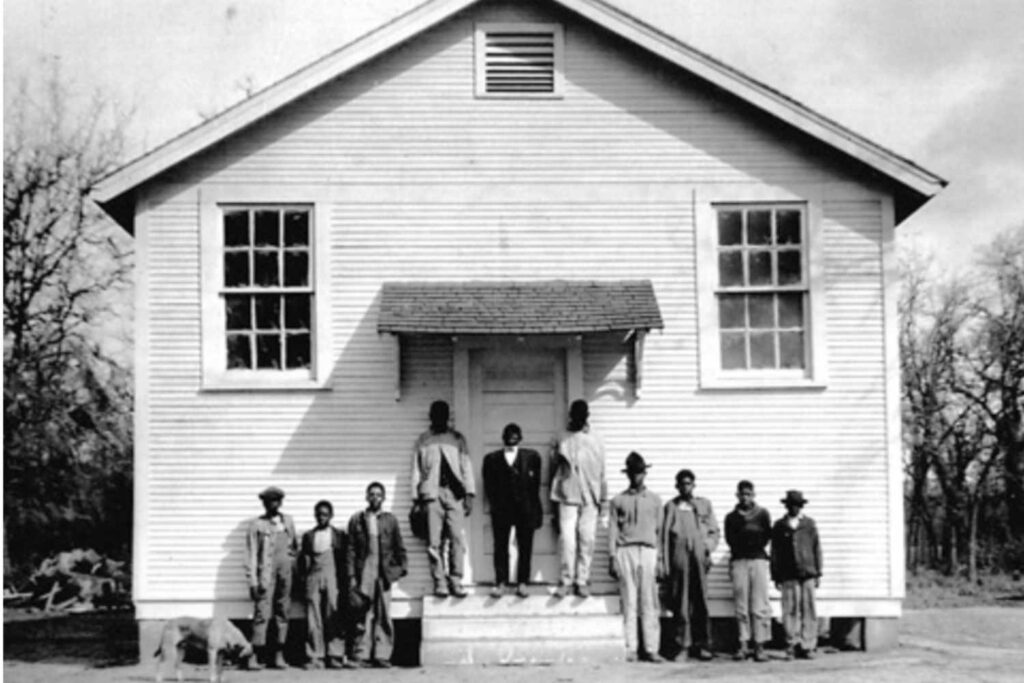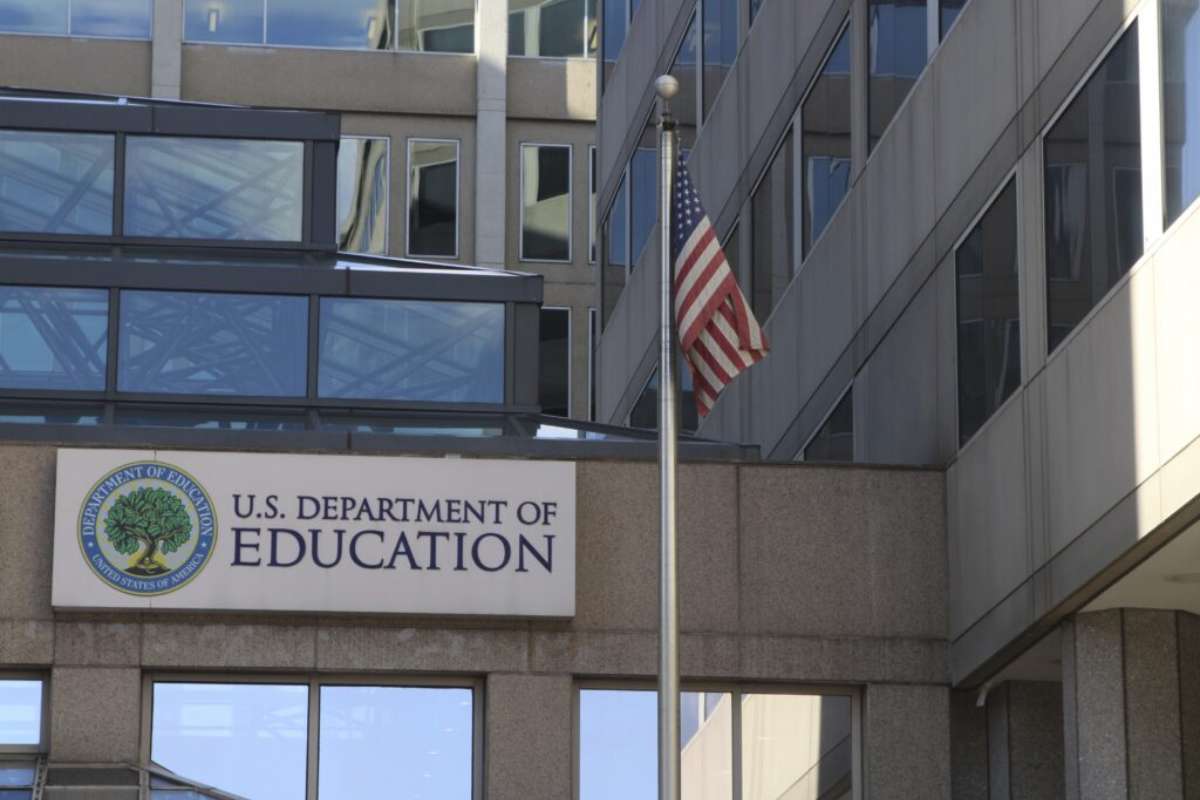( Source- texasalmanac.com )
Historic Impact of the Rosenwald Schools
In the early 20th century, a pivotal educational movement quietly transformed the rural South, significantly influencing the educational and economic future of African American families. This initiative focused on establishing the Rosenwald Schools, a network of modest one- to three-teacher buildings that exclusively served over 700,000 Black children between 1917 and 1932. These nearly 5,000 schoolhouses became a cornerstone for educational progress among African Americans in the rural South, helping bridge the gap in literacy and access to formal education.
The establishment of Rosenwald Schools was the result of an unexpected collaboration between Booker T. Washington, a renowned African American educator and thought leader, and Julius Rosenwald, a German-Jewish immigrant who became a successful businessman as the head of Sears, Roebuck & Company. In 1912, Rosenwald contributed $25,000 to support Black colleges and preparatory academies, at which point Washington proposed allocating part of the funds to construct rural elementary schools in Black communities. Over the next two decades, this collaboration would revolutionize education for African Americans in the South.
Educational and Civil Rights Legacy
The Rosenwald Schools had a profound impact on educational outcomes for Black students in the rural South. By providing access to quality education, the program significantly increased literacy rates and school attendance. Children who attended Rosenwald Schools received better schooling, which led to longer years of education and a brighter future for many. The initiative not only improved access to learning but also empowered students to become advocates for social change, equipping them with the tools to challenge systemic inequality.
A generation of future civil rights leaders benefited from the education they received at Rosenwald Schools. Notable figures such as poet Maya Angelou, civil rights activist Medgar Evers, Congressman John Lewis, and members of the Little Rock Nine, who fought for desegregation in schools, were among the alumni of these institutions. Their leadership in the civil rights movement underscored the long-term impact of the Rosenwald initiative, illustrating how education could be a vehicle for social justice and equality.
Modern Efforts to Revive the Rosenwald Model
Impact of Rosenwald schools on education and how they changed the lives of Black Americans
In 2024, a new initiative seeks to learn from the legacy of Rosenwald Schools by mapping their history and impact across North Carolina’s Black Belt region. This project, a collaboration between the Southeast Regional Coalition for University-Assisted Community Schools and the North Carolina Community Schools Coalition, aims to assess how the Rosenwald community school model can be adapted to help modern schools maximize student success. By analyzing the historical contributions of these schools and identifying resource disparities, the project seeks to bridge the educational gaps still present today.
The data gathered from this initiative will provide valuable insights into how the principles of the Rosenwald Schools can be applied to today’s educational challenges. As educators and policymakers look for ways to improve access to quality education for underserved communities, the Rosenwald model offers a blueprint for how schools can foster academic achievement and cultivate future leaders. By reviving the lessons from this historic educational experiment, modern schools can continue the mission of providing equal educational opportunities to all students.










